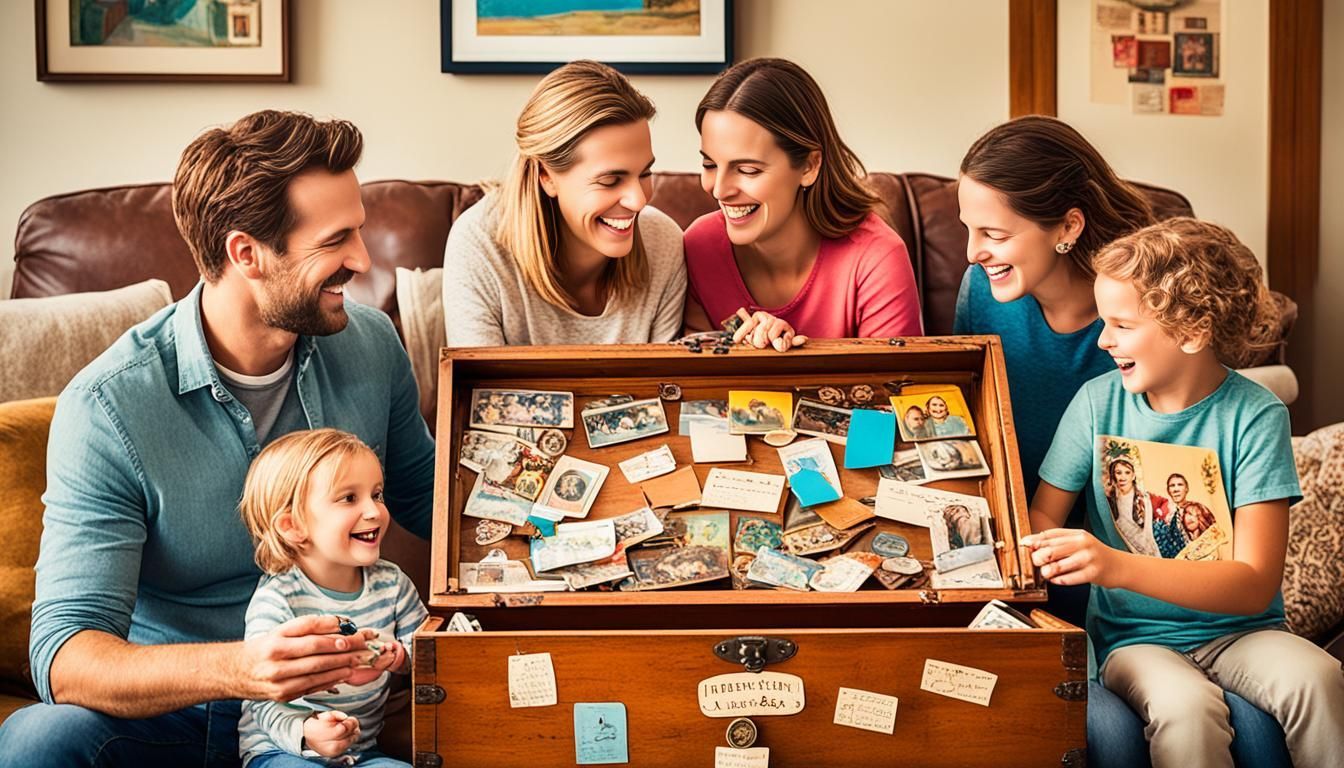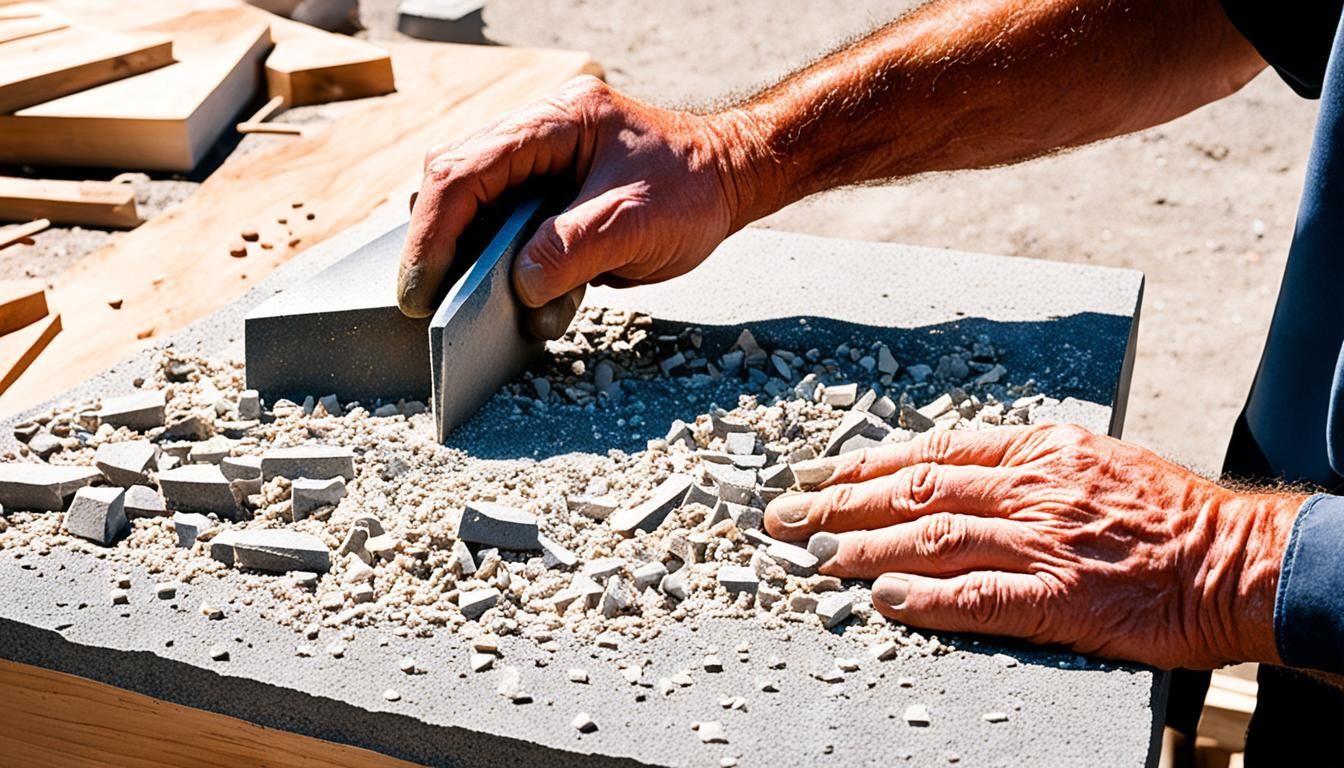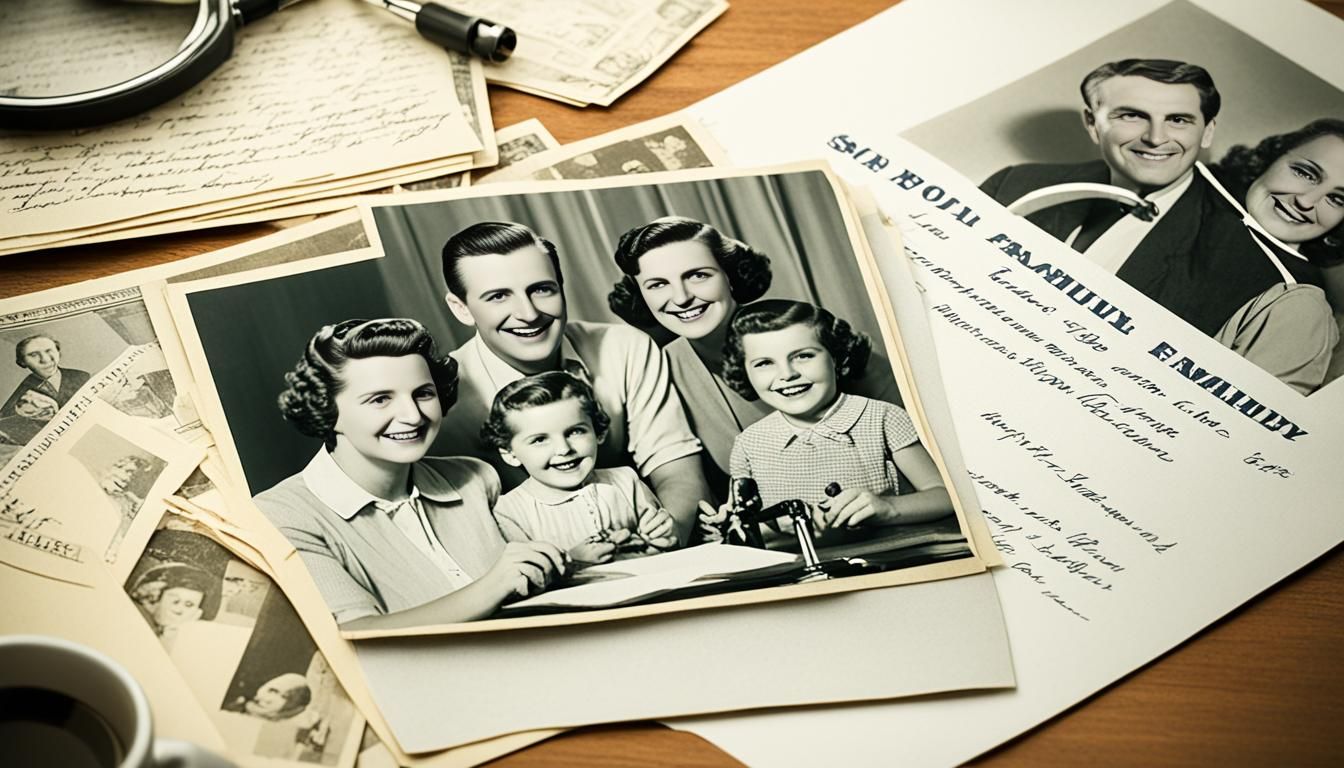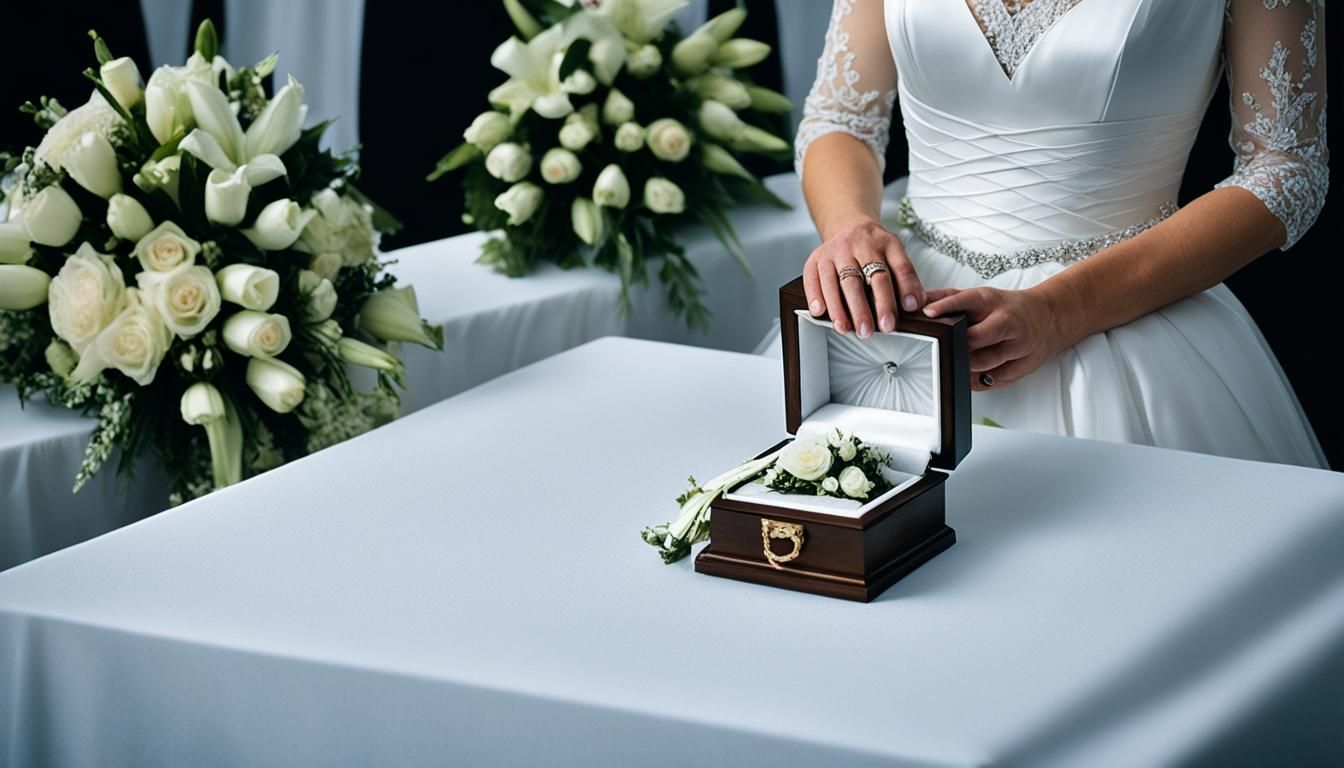Navigating Grief and Guilt Together: Our Guide
Navigating Grief and Guilt Together: Our Guide
Why do feelings of guilt so often accompany our grieving process?
At Miller Funeral Home in Edenton, North Carolina, we get the deep feelings you go through when you lose someone. Grief and guilt can really mix up your feelings. It can be hard to deal with. We're here to offer heartfelt help during these tough times. Our website, accessible at https://www.millerfhc.com/ , is a place of comfort. You can post obituaries, send flowers, plant trees, or send cards to remember your loved ones. Just dial (252)-482-9993 or subscribe to our email for obituary alerts. We're ready to support you on your path to healing. We don't provide hospice care or make cemetery markers, though.
Key Takeaways
- Overcoming guilt is essential for emotional healing in grief.
- Dealing with emotional pain can be overwhelming, but we are here to help.
- Miller Funeral Home provides grief and guilt support for those in need.
- Posting obituaries and sending flowers or cards can be meaningful acts of remembrance.
- It’s important to acknowledge your pain and seek validation for your feelings.
- Reaching out to support networks can significantly aid in your healing journey.
- Remember, every griever’s journey is unique and unfolds on its own timeline.
The Emotional Journey: Understanding Grief and Guilt
Dealing with grief is complex, often mixing in guilt. At Miller Funeral Home , we know the journey through these feelings takes time and support. It's important to see that grief and guilt are natural.
Why We Feel Guilt When Grieving
After losing someone, many feel guilt. This can come from things we did or didn't do, like missed chances or promises we didn't keep. We often wish for control when unexpected events happen. This desire can make guilt stronger. Looking back, we might question our every action, wondering if things could have been different.
Common Types of Grief and Their Impact
Grief comes in many shapes, from sharp pain to a deep, ongoing sadness. It can make people feel alone and overwhelmed. Each grief type, from sudden losses to long illnesses, brings its own struggles. More people online are looking for support, showing how widespread this is.
The Role of Emotional Healing in Grief
Healing emotionally is key in overcoming grief and guilt . Accepting guilt as part of losing someone is a major step. Thoughts like "if only" can fill our minds, making us think we could have changed things. But understanding some guilt thoughts as irrational helps. Getting support from counselors or groups can bring balance and positive thinking.
To sum up, getting through grief and guilt is crucial for healing. Recognizing these feelings and getting the right help can lead to peace.
Practical Strategies for Coping with Grief and Guilt
Navigating sorrow and dealing with guilt can be tough. Practical strategies help in forgiving ourselves and healing.
Acknowledging Your Feelings
Around 64% of people grieving feel guilt. It's vital to accept your feelings. This helps in understanding them and knowing it's normal to feel this way. Admitting these emotions is a key part of healing.
Finding Support Systems
Talking with support groups or counselors offers insights. It helps break the feeling of being alone. A recommended resource is What’s Your Grief?. Discussing feelings there builds community and understanding.
Support from sources like Miller Funeral Home is also key. They provide compassionate guidance for overcoming grief and guilt .
Self-Forgiveness and Letting Go of Guilt
Forgiving yourself is a main step in dealing with guilt. Stop the cycle of negative thoughts with positive ones. Imagine the support of those we've lost to ease guilt.
Using guilt to help others can be healing. Taking action helps us and supports others in similar situations.
Statistics show:
- 64% of grievers feel guilt.
- Lots of people talk about their guilt.
- Using strategies helps with coping.
A helpful book is “What’s Your Grief? Lists to Help you Through Any Loss,” published on July 24, 2014.
Conclusion
Grief and guilt can be tough to go through alone. It’s a journey that can lead to growth and healing, though. At Miller Funeral Home, we help those who are grieving by providing resources and support. This tough time can be a bit easier with the right help.
Feeling guilty can make grieving for a loved one harder. Studies show that dealing with these feelings early helps. For example, research with 60 people found that guilt made their grief worse. However, guilt's impact didn't grow over time. But, it still made things hard for them according to research.
Grief comes with many emotions, including guilt and sadness. Healing takes time and the support of others. You’re not alone in this. At Miller Funeral Home, we’re here to support you as you navigate loss. Our resources and understanding can help you find peace and growth.
Grief is a personal journey, but you don’t have to go it alone. We’re here to support you towards healing and peace. Miller Funeral Home offers support and understanding. We, along with others, are ready to help you through this.
FAQ
Why do we often feel guilt when grieving?
Grief and guilt often mix when we mourn. We might feel guilty about what we think we could have done differently. This self-blame comes from real or imagined mistakes and a need for order after losing someone.
What are the common types of grief, and how do they impact us?
Grief shows up in different ways, affecting us uniquely. Some common types are anticipatory grief, disenfranchised grief, and complicated grief. They can come from the loss of a loved one or traumatic events, deeply affecting our emotions and health. Knowing these types helps us heal better.
How does emotional healing play a role in the grieving process?
Healing emotionally is key in dealing with grief. It means facing and working through our feelings of loss and guilt. Getting support, like from Miller Funeral Home , counseling, or groups, helps us heal. It lets us weave these tough feelings into our lives.
What strategies can we use to cope with grief and guilt effectively?
To handle grief and guilt, we need both acceptance and action. Strategies include embracing our feelings and finding support, like from counselors or groups. Thinking of how our loved ones would want us to feel can also aid in forgiving ourselves and moving past guilt.
How can we find and utilize support systems during our grieving process?
Having support is vital in managing grief and guilt. It might be through family, friends, counseling, or groups. Places like Miller Funeral Home provide help and make us feel less alone. Using these supports offers valuable insights and emotional backing.
What role does self-forgiveness play in letting go of guilt?
Forgiving ourselves is crucial in shedding guilt. It's about knowing guilt is part of grieving, understanding why, and seeing it as normal. Positively reflecting and thinking about our lost loved ones' possible reactions helps us forgive ourselves and move on.
How can taking constructive actions based on our experiences help in the healing process?
Taking positive steps from what we've learned can help us and others heal. This could be joining support groups, volunteering, or making memorials. Such actions honor our loved ones and give us a way to deal with our sorrow and pain.
How does Miller Funeral Home support those grieving the loss of a loved one?
A: Miller Funeral Home provides caring advice and resources for those mourning. We offer various services like obituaries, flowers or cards, and planting memorial trees. Our goal is to help you find your way through grief and guilt towards healing.










